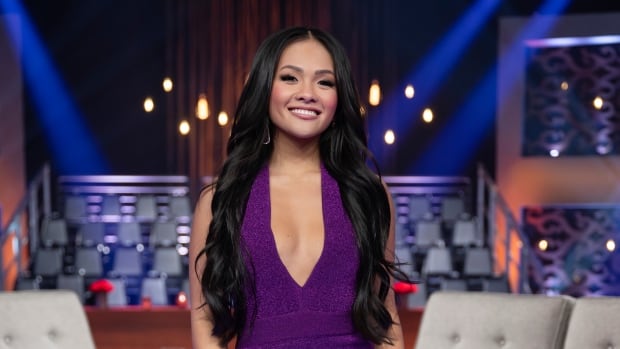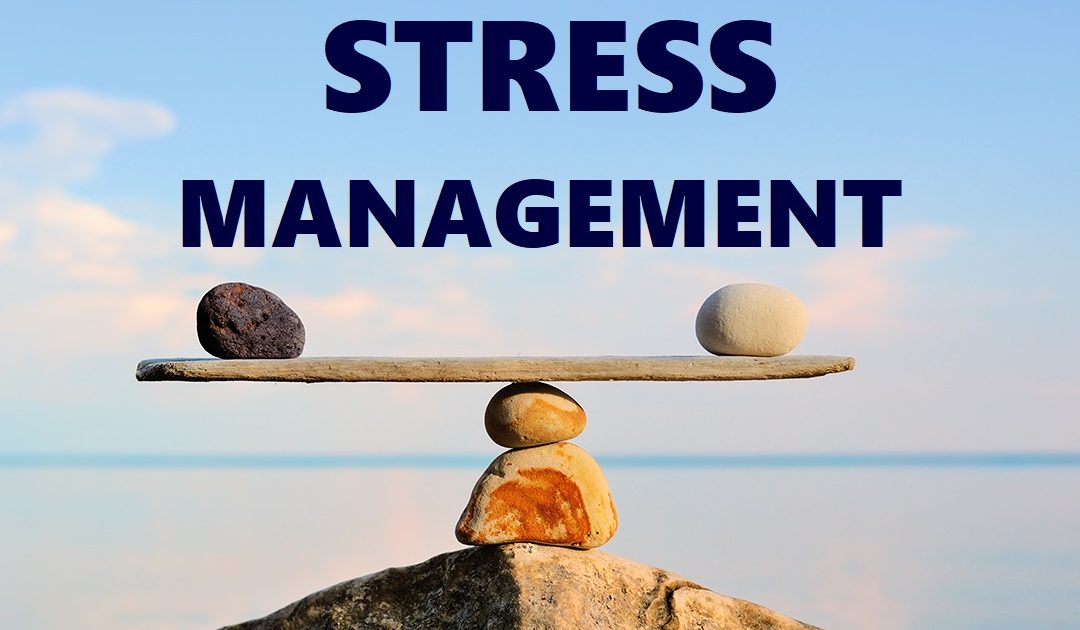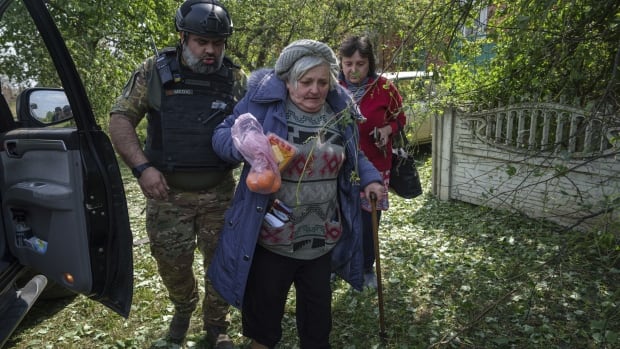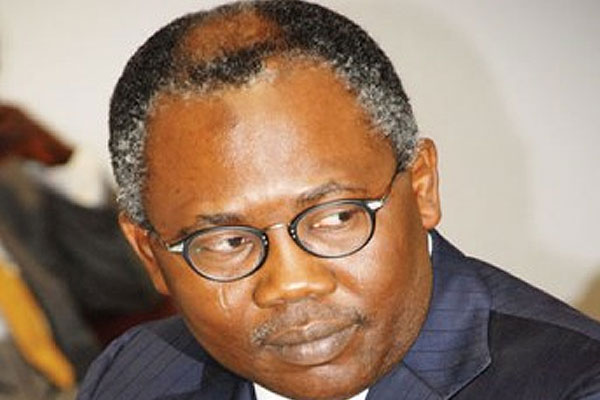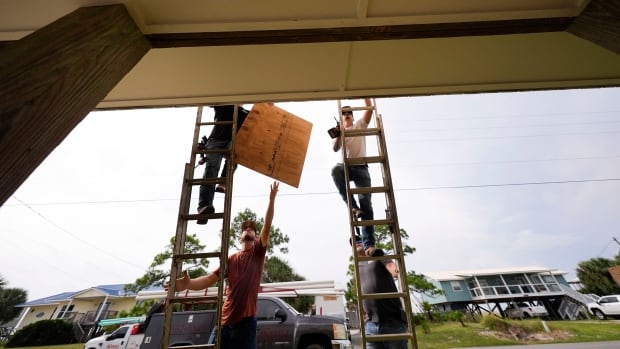Fans of The Bachelor and The Bachelorette have experienced many firsts over the dating competition franchise’s 22 years on air.
There was the first not-so-happy ending, when Season 1 Bachelor Alex Michel decided not to propose to his final rose winner, Amanda Marsh, and they broke up a year later. We can’t forget the first virgin Bachelor, Sean Lowe, in 2013, and the first older Bachelorette, Clare Crawley, who vied for love at the ripe old age of 38 in 2020.
Then there have been the spinoffs, like Bachelor in Paradise, essentially a dating free-for-all on the beach, and even, as of last year, The Golden Bachelor — The Bachelor, but for seniors (actual seniors, not Clare Crawley seniors).
Which is why, in a franchise that’s seen it all and then some, some critics are questioning why it took so long for the show’s newest first: an Asian American lead. Jenn Tran, a 26-year-old aspiring physician assistant, debuted as the lead for Season 21 of The Bachelorette on July 8.
“It’s about time,” Madelyn Chung, founder and editor-in-chief of the RepresentAsian Project, a Canadian platform advocating for Asian representation and voices in media, told CBC News.
“It’s 2024. We shouldn’t be celebrating these firsts. It’s great to celebrate these firsts, but I’m just waiting for the day when it’s normal.”
So excited for Jenn Tran! I’ve watched <a href=”https://twitter.com/hashtag/TheBachelorette?src=hash&ref_src=twsrc%5Etfw”>#TheBachelorette</a> since its first season and never thought I’d see the day we’d get an Asian American lead! It was so moving to see the whole bar in Brooklyn explode with surprise. Thrilled for you, sister! <a href=”https://t.co/2GHJ6AuHg1″>pic.twitter.com/2GHJ6AuHg1</a>
—@jadabird
Troublesome racial history on show
When Tran was first announced as the upcoming Bachelorette, culture writer Jada Yuan wrote in the Washington Post that the show’s failure to cast an Asian lead “has become a running joke among fans.”
“It’s so overdue that the podcast Game of Roses, in which the hosts recap the shows like they’re major sporting events, ends every episode with a special countdown (that’s still going!): ‘It’s been 8,037 days without an Asian Bachelor,'” Yuan wrote.
The popular show’s premise is that the Bachelor or Bachelorette, depending on the series, dates multiple people over several weeks, slowly narrowing them down to one, and contestants vie for their affections and roses.
A Vietnamese American woman reigning over Bachelor Nation — the centre of attention, object of desire and the one holding the power — marks a significant moment for the reality TV dating behemoth. Historically, fewer roses on the two shows have gone to contestants of colour — and those that have often come with racist social media commentary.
But the new season has already received some criticism for having few Asian suitors, including from Tran herself.
“I can’t really speak to the casting process and the decisions that were made, but it is unfortunate that there weren’t a lot of Asian men this season,” Tran said in an interview with Glamour.
The Bachelor has been a mixed bag when it comes to showcasing Asian cultures. In 2019, Bachelor Colton Underwood went on a group date over Singaporean street food. The mostly white contestants made gagging noises and Underwood, who is also white, made a toast “to weird food.” The outing drew some backlash and even a Washington Post column.
“The franchise has a history of being very white,” Chung said.
Non-white contestants and leads, including Black trailblazers Rachel Lindsay and Matt James, have historically been met with hostility from the majority-white Bachelor Nation audience.

The Bachelorette didn’t even have an Asian contestant until its 2016 season.
Chung notes Tran is likely to be criticized, if not outright vilified, no matter who she chooses in the end — if it’s the one other Vietnamese American contestant, some people will likely think, “‘Of course she chose the Asian,'” she said.
And if she doesn’t? Then Chung worries people will say “of course” to that, too, falling back on stereotypes about the preferences of Asian women.
The show starring Ali Wong and Steven Yeun won in all three Golden Globes categories it was nominated for — a success for Asian representation, says Madelyn Chung. However, failure on the part of Beef’s creator and actors to address controversial comments made by fellow actor David Choe is disappointing, she says.
An important moment for representation
Most characters onscreen are still white, although the percentage of Asian characters in movies especially has “skyrocketed,” note some recent reports from The Annenberg Inclusion Initiative, a think tank out of the University of Southern California that studies diversity and inclusion in entertainment.
In its 2021 study of English-language original Netflix content, it found that the percentage of Asian leads and co-leads increased from 2018 to 2021 across both films (21 per cent) and series (41.5 per cent). But in its analysis of the 100 top-grossing fictional films from 2007 to 2022, just 16 per cent of the 3,802 characters were Asian.
Meanwhile, a 2022 screen audit by the Vancouver Asian Film Festival found that Asian actors accounted for less than 10 per cent of main cast roles in both scripted and unscripted programming on Canada’s major private and public broadcasters.
“Equitable visual representation on Canadian television is essential to ensuring an inclusive media landscape where people see themselves and their communities reflected authentically on screen,” the report said.

Which is why, even though it’s overdue, seeing Tran as the first Asian Bachelorette is still an important moment for representation, Chung said.
“Had I seen a Bachelorette that was Asian when I was younger, I perhaps would have thought, ‘Hey, I’m actually a desirable woman,'” she said.
Glamour senior beauty editor Ariana Yaptangco echoed that sentiment, writing earlier this month that watching Tran admit in the first episode that she had a hard time believing she was everyone’s first choice was “equally heartbreaking and inspiring.”
“We have always been relegated to the sidekick or best friend — never the main character. Tran’s starring role is a forceful refutation of this perception,” Yaptangco wrote.
Drag queen Jolene Sloan is pushing for more representation of drag in the South Asian LGBTQ community, with Bollywood music, Indian glam and a message that promotes culture and self-acceptance.
